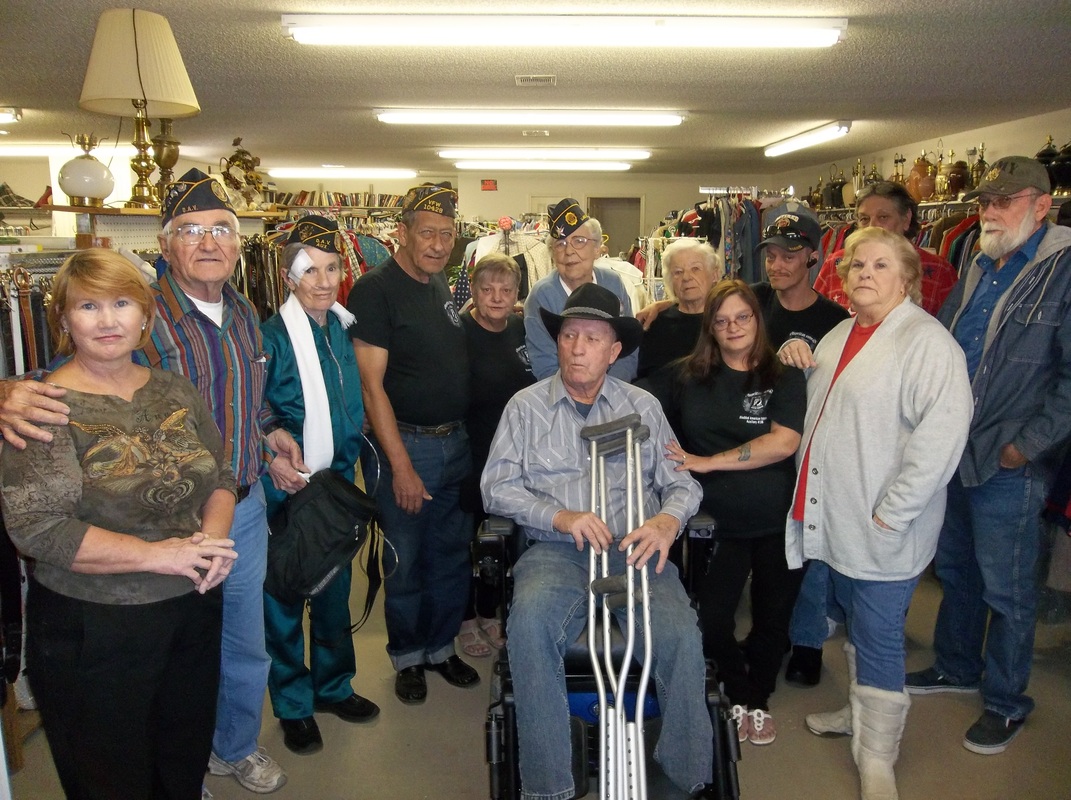

This does not include Veterans with non-SCDs nor does it include Veterans with impairments due to aging, which brings another unique set of concerns. Approximately 1 million patients within the healthcare system of the United States (US) Department of Veterans Affairs (VA) affected by a service-connected disability (SCD) live in a rural or highly rural area. These conditions often affect mental and social well-being and are associated with homelessness, poor health status, health-risk behaviors, and suicide. Veterans can experience a range of health problems related to military service, such as traumatic brain injury, spinal cord injury, hearing impairments, pain, and multi-symptom conditions. Veterans with disabilities have unique and complex needs. Approximately half of all Centers for Independent Living reported tracking the status of their Veteran consumers. Services and supports from Centers for Independent Living provided to rural Veterans most frequently included housing, transportation, and peer support. Study respondents represented a total of 39 states, with 20% of respondents reporting that their consumers were 100% rural and only 3% entirely urban. Descriptive univariate analysis was used to describe responses. A survey was administered to the leadership of 383 Centers for Independent Living throughout the United States, the majority of which have rural catchment areas and serve rural Veterans through both main and satellite offices. This research provides contextualized understanding of rural Veteran needs for community-based services and resources available through Centers for Independent Living. This study comprises a systematic national examination of how Centers for Independent Living can and do support Veteran consumers, especially those living in rural communities.


 0 kommentar(er)
0 kommentar(er)
